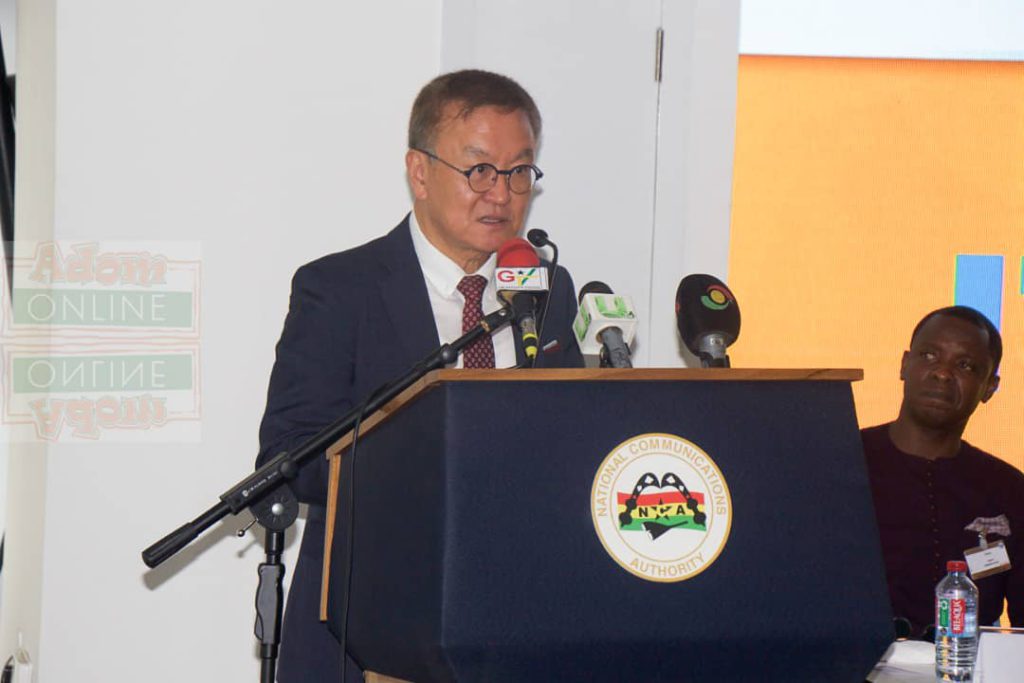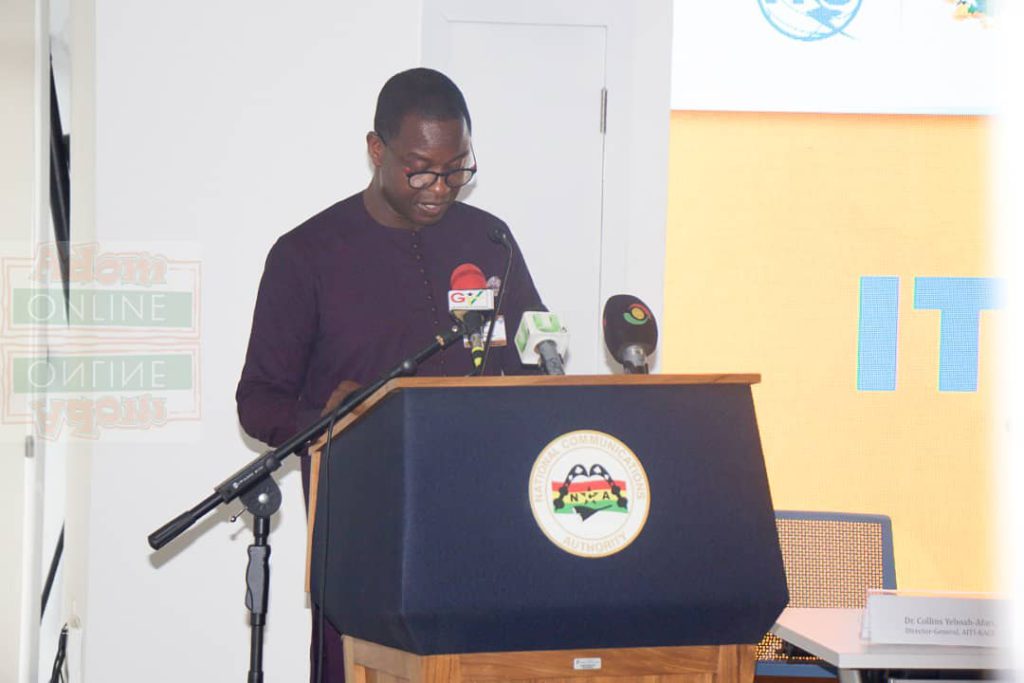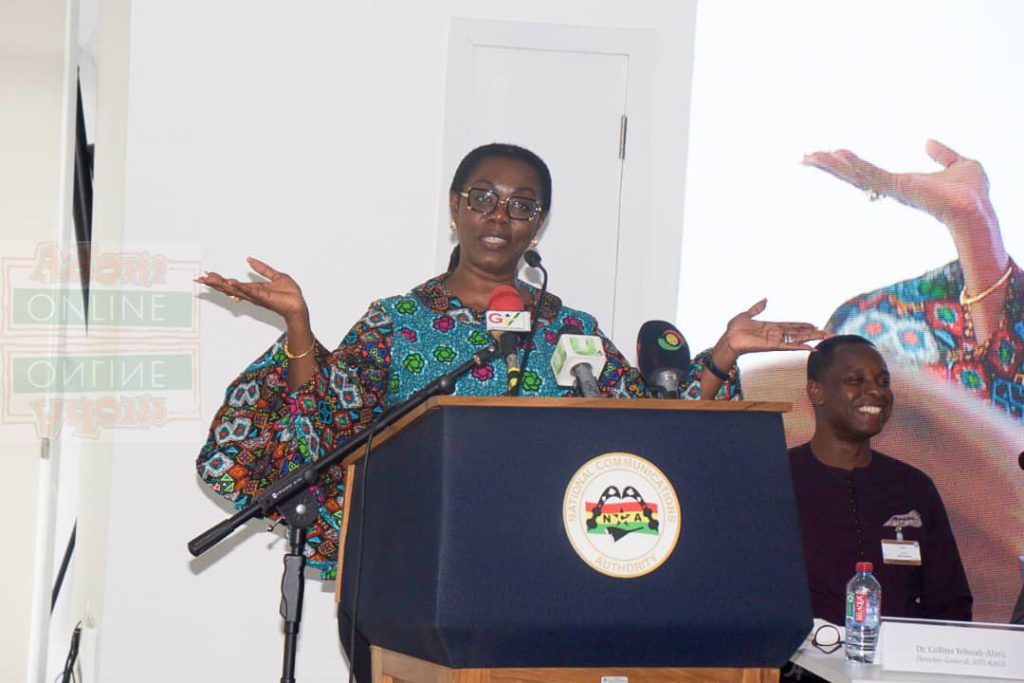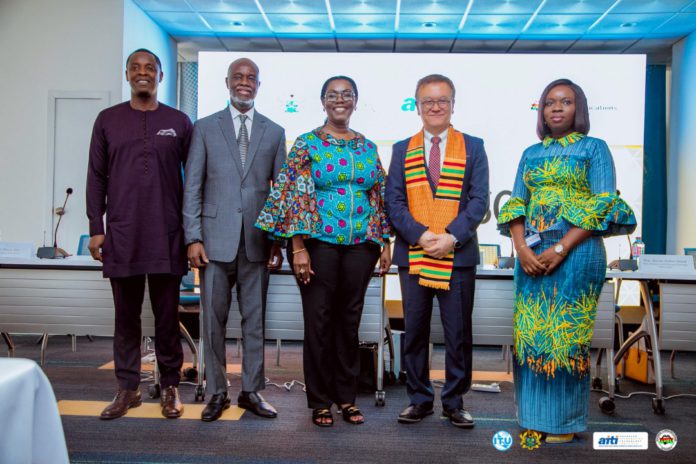The 14th edition of the International Telecommunication (ITU) Kaleidoscope Conference is ongoing in Accra, Ghana.
Being hosted by the Ghana-India Kofi Annan Centre of Excellence in ICT (GI-KACE), this is the first time the conference is taking place in West Africa.
The Conference seeks to support the productive dialogue between academics and other experts on how standards can help boost the quality of experience and interoperability in Extended Realities (ER).
Themed Extended reality; How to boost quality of experience and interoperability, it brings together specialists in the fields of ICT and socio-economic development, including researchers, academics, students, engineers, policymakers, regulators and innovators.
Chaesub Lee, Director of ITU Standardization Bureau said to deliver a widespread adoption of XR-type of services and applications and achieve the vision of a metaverse, communication networks have a key role to play.

Director-General of GI-KACE, Dr Collin Afari-Yeboah, in his address stated Extended Reality (XR), could transform everything from healthcare and education to sports and tourism among other sectors of our continent and the world.
According to him, studies have shown that connecting more people to Augmented Reality (AR), Mixed Reality (MR) and Virtual Reality (VR) technologies, all under Extended Reality (XR), could transform everything from healthcare and education to sports and tourism among other sectors of our continent and the world.
To do this, the right technologies, he noted, must be deployed, and capacity building in advanced and exponential technologies must be done.

“This is why we at The Ghana-India Kofi Annan Centre of Excellence in ICT (GI-KACE), as part of our mandate, are concerned about training people in Data Science, Artificial Intelligence (AI), Internet of Things (IoT) among others while advancing research in these areas,” he said.
He added, “We at GI-KACE are the capacity-building development agency of the MOCD and we have prioritized efforts to help create awareness in the ecosystem and also build capacity to help build critical mass of talent and help the foundation of this economy that MoCD is leading.”
Minister for Communicatiotn and Digitalisation, Ursula Owusu-Ekuful, also speaking at the event, indicated Ghana has already initiated steps to embrace emerging technologies in societies.
These, she said, have manifested themselves through the NubianVR and Abena Artificial Intelligence (Abena A.I).

The Nubian VR, she explained, is a virtual reality innovation to provide educators and learners with the tools to deliver and receive education in digital learning in virtual environments.
The Abena A.I, she noted, is a hands-free voice assistant for Ghanaian languages a.k.a Twi Siri but currently supports only Twi with plans underway to factor in other local languages.
“Ghana has become a fertile ground for emerging technologies and digital platforms and their relevance cannot be overemphasised. We can’t leave anybody behind so government is committed to bridging the rural and urban gap so we should all take advantage,” she added.
The conference continues with series of sessions on some perspectives on the future of Extended Reality (XR) technologies and will end on Friday, December 9, 2022.

